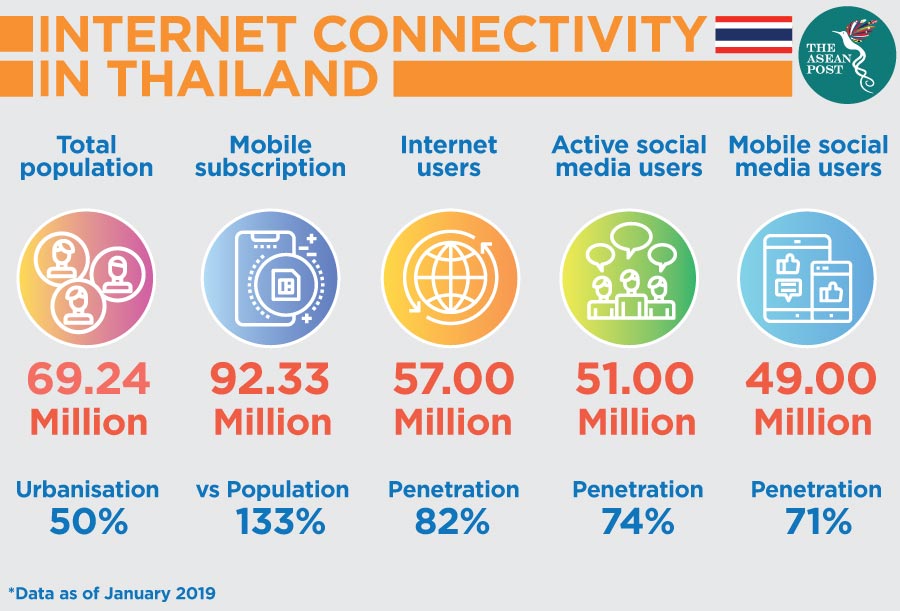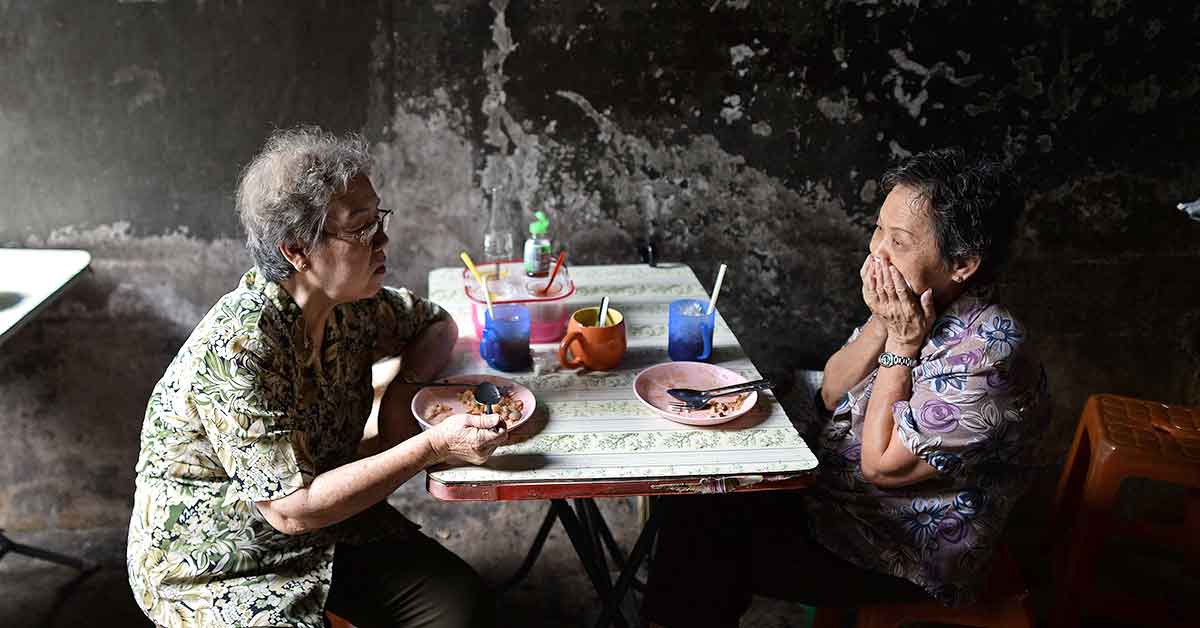Thailand’s Digital Economy and Society Minister, Buddhipongse Punnakanta revealed recently that about 500,000 items of suspected fake news were spread on social media over the past month alone. The biggest culprits? The country’s elderly.
Buddhipongse said that it was the ministry’s anti-fake news centre that detected the approximately half a million items of possible fake news. The centre has since sent them to relevant agencies for further fact-checking – a process that would take no more than two hours.
Local Thai media reported the minister as saying that the anti-fake news centre, which was formally launched on 1 November this year, intends to speed up detection and is also looking into the misuse of social media platforms to deceive people.
According to the minister, people aged 60 and over were found to be the greatest source of inaccurate information online. The minister also claimed that the elderly mainly spread fake news out of concern for those close to them.
He was responding to questions posed by Senator Jadet Insawang who asked how the government intends to fight the spread of online fake news in the country. Jadet also noted that Thailand has a high rate of internet usage.
Jadet cited figures from the National Broadcasting and Telecommunications Commission (NBTC), which shows that about 90 percent of Thais have access to the internet and more than 100 million mobile phone numbers are currently in use.
According to the senator, existing legal measures to deal with the spread of false content online are inadequate, and state agencies need to do more to raise public awareness of fake news and how to spot it.

Global phenomenon
While the piece of news that the elderly are the biggest spreaders of fake news comes from Thailand, the truth is that this may – in fact – be a global phenomenon. Reports coming from both, the United States (US) as well as countries like Nigeria have shown similar patterns involving the elderly and the spread of fake news.
In January, it was reported that an analysis by researchers at Princeton University revealed that older Americans were disproportionately more likely to share fake news on Facebook. This was regardless of education, sex, race, income, or how many links they shared. In fact, according to the analysis, age had predicted their behaviour better than any other characteristic — including political party affiliation.
The study, published in Science Advances, examined user behaviour in the months before and after the 2016 US presidential election.
The study did not draw a conclusion about why older users are more likely to share hoaxes, though the researchers point to two possible theories: (1) Older people, who came to the internet later, lack the digital literacy skills of their younger counterparts. (2) People experience cognitive decline as they age, making them likelier to fall for hoaxes.
In October, in another part of the world - Nigeria, a report by the Center for Democracy and Development and the University of Birmingham on WhatsApp’s role during Nigeria’s February elections revealed that some respondents cited parents and grandparents as the “biggest sharers” of misinformation.
“It was something we heard quite a lot. While younger people have more critical thinking with sharing when it comes to digital platforms, older people were reported to be far more willing,” said Jamie Hitchen, one of the report’s authors.
The report attributes the tendency to share to a lack of digital literacy and a reliance on trusted social networks.
In a previous article, The ASEAN Post noted that Thailand – an aging country – is working towards making its elderly more digital savvy. If digital literacy is indeed the culprit behind the spread of fake news among the elderly, then this effort would go a long way in combatting that practice.
Nevertheless, it is difficult to say with any degree of certainty whether this will bear fruit in the end as even the cause of such a phenomenon (the spread of fake news among the elderly) has yet to be determined by analysts. As such, a holistic approach would seem to be the best strategy for now.
Related articles:
